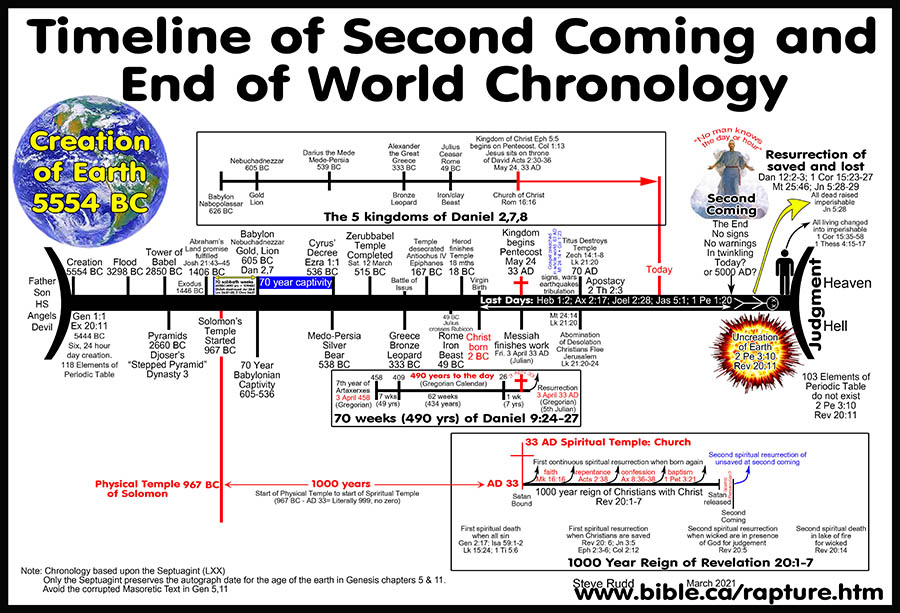

White have been highly influential in the formation of Seventh-day Adventist eschatology, particularly the final chapters of her book The Great Controversy. Adventist hermeneutics categorically rejects preterism, futurism and idealism as proper hermeneutical systems of interpretation of Bible prophecy. (This stands in contrast to dispensationalism, a popular conservative Christian view, which sees a prominent place for the nation of Israel in the end-times). Mainstream Adventism interprets biblical prophecies using the historicist method, which utilises the day-year principle some of the prophecies of Revelation are yet to be fulfilled.Ī 2004 official statement remarks: Adventists' "sense of identity and calling grows from an understanding of Bible prophecies, especially those concerning the time immediately preceding the return of Jesus." Hermeneutics Īdventists believe the Christian church is the historical continuation of the Old Testament Israel as God's people, centered around Jesus, and that Old Testament end-time prophecies about Israel will be fulfilled more broadly. Seventh-day Adventism derives its eschatological teachings in large part from its interpretation of the apocalyptic Bible books of Daniel and Revelation, as well as Jesus' end-times sermon found in Matthew 24, Mark 13, and Luke 21. New EarthĪccording to a 1985 survey, 29% of North American Adventist lecturers nominated eschatology as the area of greatest contribution by Adventists to then-current theology. Christ's Ministry in the Heavenly Sanctuary 25.

The eschatological teachings of the Seventh-day Adventist Church are summarized in the final five of the denomination's 28 fundamental beliefs: 24. "Prophecy seminars", developed since the mid-20th century, have been a key popular source.īasis Fundamental beliefs White have also been highly influential, particularly the last part of her book The Great Controversy. The classic Adventist commentary on the end-times was Uriah Smith's Daniel and the Revelation. Jesus' statements in Matthew 24 for instance, as well as many other Bible verses are also used. The foremost sources are the biblical books of Daniel and Revelation.

After the millennium the unsaved cease to exist as they will be punished by annihilation while the saved will live on a recreated Earth for eternity. At Jesus' return, the righteous will be taken to heaven for one thousand years. Traditionally, the church has taught that the Second Coming will be preceded by a global crisis with the Sabbath as a central issue. Adventist eschatology, which is based on a historicist interpretation of prophecy, is characterised principally by the premillennial Second Coming of Christ. The Seventh-day Adventist Church holds a unique system of eschatological (or end-times) beliefs.


 0 kommentar(er)
0 kommentar(er)
